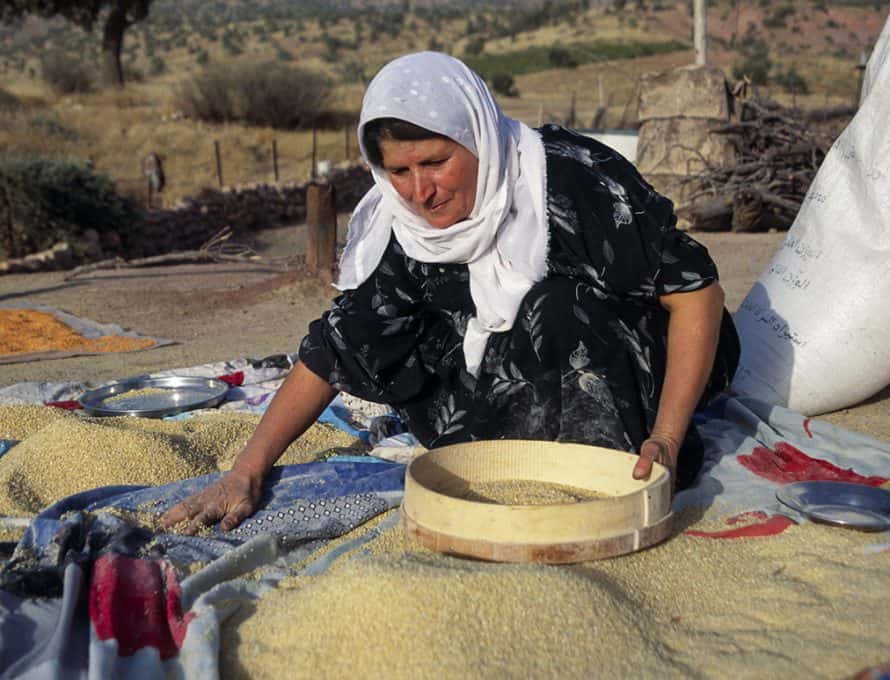CENTRAL ASIA – Last night at sunset the electricity in our neighborhood flickered off. I stalled my dinner prep in hopes that the lights would return quickly, but in the end we enjoyed a candlelit meal and reminisced about our early days on the mission field, when the electricity didn’t go out for hours at a time, but more like days and weeks.
In the late 1990s the newly independent Soviet Central Asian countries were still learning how to work together to share resources—kind of like siblings left unsupervised and arguing over how to divide the last banana. Except the “bananas” were the basic essentials needed to stay warm in winter: coal, electricity, gas. Shredded tree trunks lined the courtyard behind our apartment building where our neighbors harvested wood for cooking fires. We heated our flat with a portable kerosene heater. Day and night felt dark and heavy. And cold.
I’m thankful those years are behind us. Now we rarely have to contend with utility issues. Our home is warm and well lit. But yesterday as we waited for the lights to return, I remembered my questions to the Lord in those early, difficult days: Why are we here? In the dark, in the cold? So far from home?
His answer then was to remind me of the story of Abraham pleading with God to spare the city of Sodom. Abraham kept returning to God, asking Him to have mercy for the sake of the righteous people living there. And because, I imagine, it was God’s desire all along to spare the city, He relented in response to Abraham’s intercession.
Why did God call us to that difficult situation 25 years ago? Because by living in the cold and dark with neighbors who didn’t know Jesus, we could intercede in a unique way for a people whom He deeply desired to rescue. We were the lights in that dark place. We could keep reminding God of His promises to build His church there.
I don’t think it was the inconvenience of a temporary power outage that sparked that memory last night. Instead, I think it is the cumulative stress of the global pandemic. Similar to unexpected rolling blackouts, the community-wide lockdowns, quarantines and illness of the past year have left us tired and frustrated. They just keep coming.
It’s easy for my heart to ask why. Why is this happening? When will it stop? Why am I here when I can’t even host people in my home or meet a friend for Bible study?
All of us—and our communities—feel the weight of this darkness. We are all scrambling for sticks to burn for a little warmth. We all need hope. And the Spirit reminds me that the role of intercessor is needed now more than ever.
God has us each where we are for a reason. We are the intercessors, like Abraham, begging God to show mercy to our neighbors, and we are the righteous ones who understand that God is not done working in our cities.
As we step toward spring and look for a break in the pandemic, I am thinking about the unreached peoples in our city who have yet to hear the gospel of Jesus. This year the Kurdish community is on my heart. Their grandparents planted roots in Central Asia when Joseph Stalin shipped them in cattle cars from eastern Russia to the barren steppes. They hold tight to their Muslim identity despite the lack of hope found there. Maybe this will be the year that a church is planted among them.
When it’s cold and dark and the why questions echo in my heart, I want to choose to hold onto hope—and to hold out hope. I want to be an intercessor like Abraham, reminding God that He has people here, still waiting to be rescued.
###
Sarah Alexander*, who wrote this article, serves with the IMB among Central Asian peoples and is a contributing writer.
*Name changed for security

